Lab Political Communication and Innovative Methods
The Lab “Political Communication and Innovative Methods” uses computer-based, process-accompanying and experimental research methods to investigate how visual and multimodal media messages affect political thought and action:
-
- How is political information in digitalised publics prepared and offered in images and text?
- How are they perceived and processed by citizens?
- How does multimodal media content influence the formation of political will in digital society?
- What effects do they have on political action?
With the Lab, we want to contribute to a better understanding of the role of multimodal media communication in the process of political decision-making – to better understand how it influences us and our democratic society. To this end, our research starts with the immediate sensory perception of political information, focuses on affective and cognitive media effects and asks about their consequences for political decision-making and political action. Because the conditions for conveying information in digitalised and mediatized public spheres are changing drastically, and political content is increasingly being presented multimodally, we pay particular attention to the interaction of visual and textual information.
Innovative methods such as eye tracking, automated emotion detection or automated image content analysis are key to analysing the complex interrelationships. In accordance with this duality of content-related and methodological cognitive interest, we in the Lab not only aim at the future-oriented application of innovative methods to content-related questions in the areas of democratic will formation, political communication, visuality and multimodality. Another overarching goal is to make innovative process-measuring and data-intensive computational methods usable for communication science, to combine them in a goal-oriented way with established methods of empirical communication research and to further develop them in application to questions in communication science.
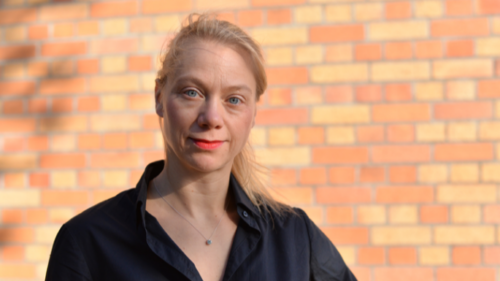
Stephanie Geise as an interview guest in the online magazine ‘up2date.’
24. February 2025
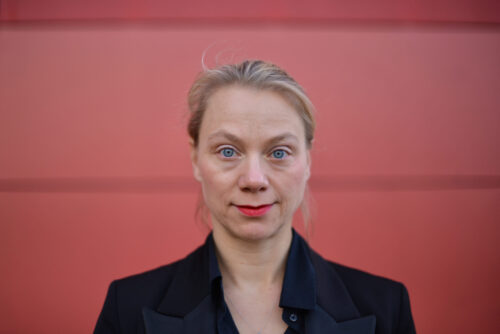
Stephanie Geise on the election campaign on social media
10. February 2025
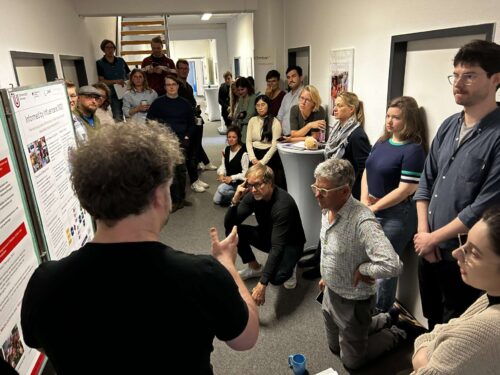
9th ZeMKI Research Day
- Datum: 24. January 2025
- Location: ZeMKI
The ZeMKI Research Day will take place on January 24. At the internal event, current projects will be presented and discussed, overarching research perspectives will be developed at thematic tables and current questions from the ZeMKI doctoral program and from the group of postdocs will be discussed. The Research Day is taking place for the (…)
14. January 2025
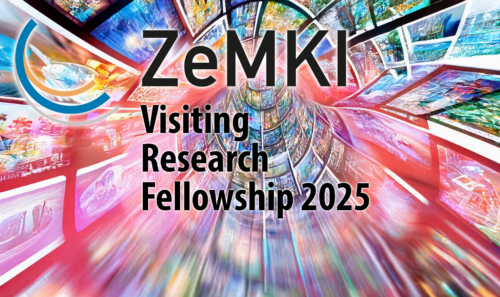
Call for applications: ZeMKI Visiting Research Fellowship 2025
7. January 2025

ZeMKI wishes a happy end of year!
19. December 2024
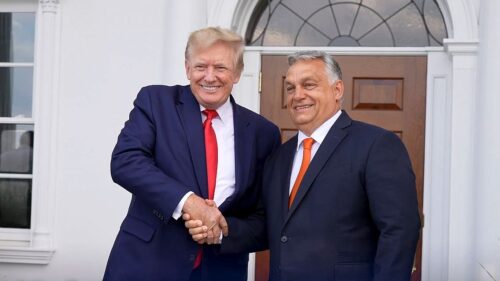
SEE DEMOCRACY: Stephanie Geise will be a guest at City 46 on 28.09
25. September 2024

ZeMKI at the European Communication Conference 2024
20. September 2024
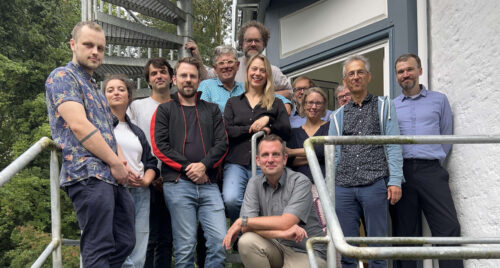
ZeMKI steering committee meets for annual retreat
For two days, the Bredbeck Estate in the district of Osterholz was dedicated to the further development of the research strategy of the Centre for Media, Communication and Information Research (ZeMKI) at the University of Bremen. On September 3 and 4, 2024, a total of 14 members of the ZeMKI Steering Committee discussed medium-term goals (…)
4. September 2024



